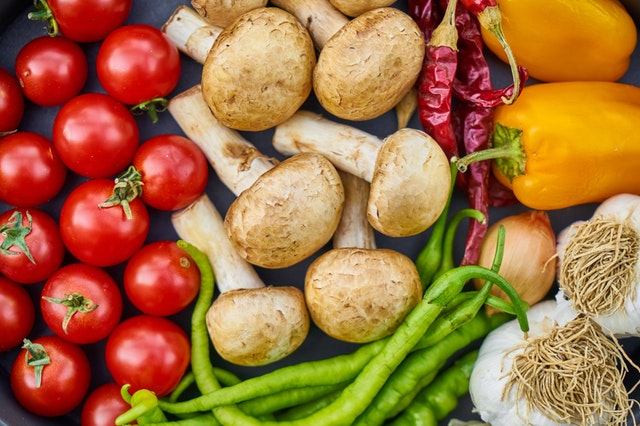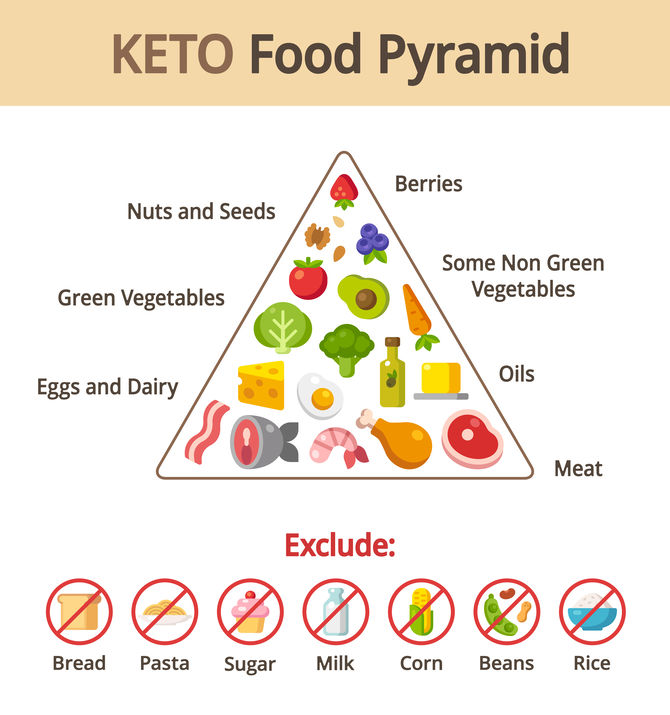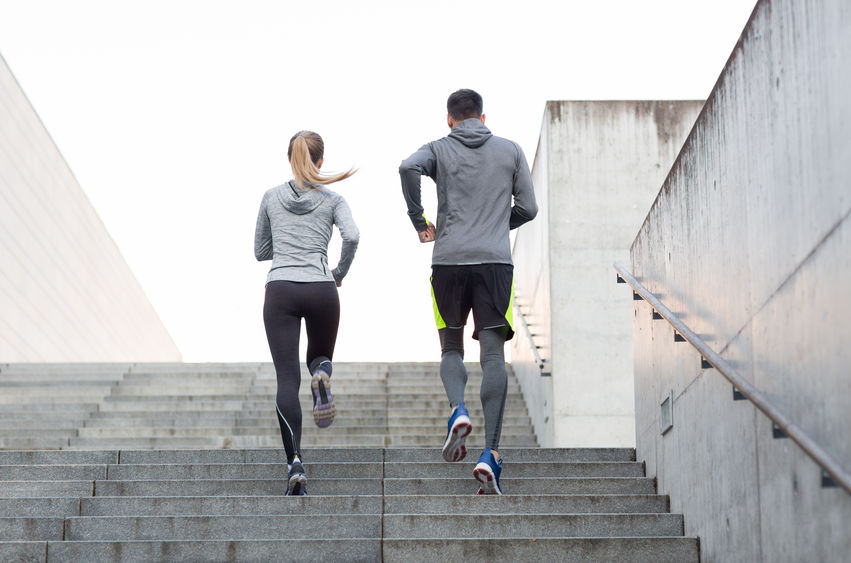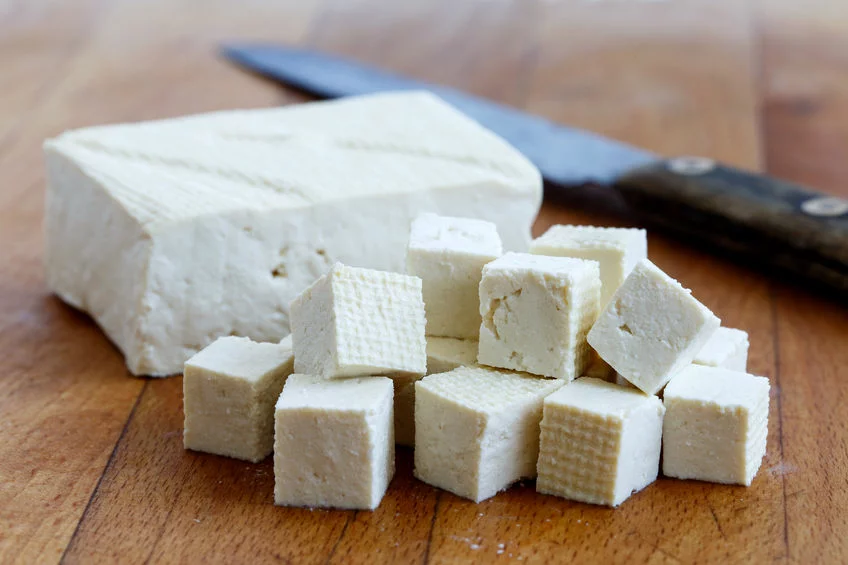You’re ready to start the ketogenic diet and uncover the slimmer version of yourself which has been hiding for too long. The only obstacle standing in your way is actually entering ketosis. Instead of looking longingly into where you want to be or dream of a weight you wish you were, you’ve come to the right place to learn the keto hacks you need for success.
When approaching any lifestyle change, qualified nutritionists will tell you that in order to make changes stick, it’s important to slowly integrate them and adopt a permanent modification of how you’ve been eating and exercising. However, in order to have the motivation to really stick to a new way of eating, many people need that initial boost. Seeing immediate changes in your body gives you a burst of confidence which will keep you going to lose significant weight that will stay off.
The beauty of the ketogenic diet is that it is unlike any diet you have ever been on before. Once you are in ketosis, your brain starts functioning at its optimal level, your appetite is suppressed and your metabolism changes so that the fat you thought was on your hips forever, actually melts away. But don’t take someone else’s word for it, try it and see for yourself! To do so, you must first enter ketosis. The problem is that many people give up just as they’re getting close. Here we discuss the reason why people can’t cross the threshold into ketosis and how you can address them in order to get into ketosis fast.
Why People Don’t Enter Into Ketosis
The way we relate to food is personal and complex. However, there are common pitfalls that people experience when starting the ketogenic diet. Knowing what to look out for will help you to steer away from them.
1. Not Preparing Keto-Friendly Food
When people start a diet, they assume they will just be hungry. This may be based on previous dieting attempts or the feeling that without suffering a bit, they won’t really lose weight. This is actually detrimental to your weight loss success. Nutritionists will tell you that feeling restricted and deprived when dieting can lead you to even more eventual weight gain. If you need proof of this, you can read a study about it here.
So, how can you get around this problem when you must cut back on the carbs on a ketogenic diet?
Solution: Focus On What You Can Eat Instead

Prepare your meals and snacks with the aim of packing in fat and staying within your limits of protein and carbs. This can mean broccoli decadently drenched with butter or cheesy mushroom keto pizza. Using vegetables and fat in creative ways will not only be delicious but will leave you feeling truly satiated.
2. Not Substituting Sugary Snacks
If you are someone who grabs a chocolate bar every day at 3pm to combat the inevitable energy slump, you are definitely not alone! However, even though you may think you are giving yourself a burst of energy, a study was done to measure the efficacy of eating a candy bar versus walking briskly for 10 min. Initially the candy bar group felt increased energy, but after an hour they were more tired and had less energy than the walking group.
Solution: Create A New Routine
If you want to fight an ingrained behavior, replace it with a new one. Creating new habits requires consistency until it becomes a part of you. Take steps to make sure it will stick. Gather friends or coworkers and climb stairs or join a yoga class. Get an app to track your success. Don’t despair if you fall off the wagon one day, look at the big picture and keep going.
Additionally, having keto-friendly snacks ready and available for when you know you will be hungry is always advisable. Some easy and fast snack ideas include nuts, beef jerky, olives, string cheese and vegetable sticks.
3. Not Combatting Keto-Flu Symptoms
It hits everyone differently, but if you know it’s coming, you can fight keto-flu symptoms and get past them. One of the immediate effects of the ketogenic diet, is a loss of water and electrolytes. This can lead to feeling fatigued, muscle cramping and headaches.
Solution: Replace Lost Water And Electrolytes
You can replace water and electrolyte loss by ensuring that you are properly hydrated and that you are eating salted foods. Many people also turn to exogenous ketones to get them through this difficult period. Read customer reviews to find which ones are the most helpful at reducing keto-flu symptoms.
4 Real-World Ways To Get Into Ketosis Fast
So, how can you plunge head-first into ketosis? Try these doable and proven tricks so you can get into ketosis fast and shed those pounds!
1. Eat More Fat

This goes against the traditional food pyramid and because of that many people do not eat enough fat in order to enter into ketosis. It may be ingrained in you that fats are damaging to your health based on outdated research. Even though fats were never proven unhealthy for cardiovascular health, there is a strong belief that there is a link between them. In order to really commit to the keto lifestyle, reading the research on what fats do to your health is essential.
What types of fats you consume will impact your body in different ways. Saturated fats are those which, on a chemical level, meaning they are full of or saturated with hydrogens. Unsaturated fats contain one or more double bonds which means less hydrogens are attached to its carbon chain.
Saturated Fats
- Butter
- Red Meat
- Bacon
- Cheese
- Cream
Unsaturated Fats
- Oils
- Nuts
- Seeds
- Olives
- Avocados
- Salmon
- Tuna
- Sardines
The type of fat which should be avoided is trans fats. While some trans fats occur naturally, the trans fats which can be harmful for you are the artificially made ones. These are made when hydrogen is added to vegetable oils. The food industry takes advantage of this because it means a longer shelf life and stability for food items. Trans fats can be found in many processed foods from doughnuts to frozen pizza.
When looking to add fat to your diet, look for natural sources which will fill you up without the damaging side effects.
2. Watch Out For Hidden Sugar/Carbs
Carbs are everywhere! You may be surprised to learn how much sugar is hiding in your tomato sauce and in your favorite yogurt. The good news is that your taste buds will get used to eating low sugar and carbs before you know it. Reading labels will help keep you on track with the ketogenic diet.
Cutting back on sugar and carbs isn’t only beneficial for losing weight, studies have shown that elevated levels of sugar are responsible for many relevant diseases in the US. In fact, sugar has been shown to be detrimental to cardiovascular health.
3. Exercise

How does exercise help to get into ketosis fast? When you engage in physical activity, your body is using stored glucose, called glycogen, as fuel. If you are following the keto diet consuming a low amount of carbs (which would be broken down into glucose), your body is then driven to break down fat for energy.
But, realistically, how are people who have difficulty dieting going to be able to suddenly decrease their carb intake, up their fat consumption and exercise regularly? That brings us to our next point.
4. Take Exogenous Ketones
The chemistry of ketosis is very interesting. When fats are broken down and used for energy, they form a product known as ketones. The level of ketones found in your blood will be an indicator if your body is, in fact, in ketosis.
The three types of ketones found in your body are:
- Acetoacetate
- Betahydroxybutyrate (BHB)
- Acetone
Ketones are unique in that they can cross the blood-brain barrier and therefore can supply the brain with a significant boost. Not only do people report improved cognitive function on the ketogenic diet, but it is a proven treatment for children with epilepsy. How far reaching the keto diet is when it comes to treating other cognitive diseases is still being studied.
In addition to providing your body with energy, Ketones also act as a chemical messenger so that when they are present, they also indicate to the body that it should continue to break down fat for energy. In this way, when you consume fat and limit carb and sugar consumption, you encourage your body to not only break down fat you are eating, but also to break down stored fat.
Studies have shown that consuming exogenous ketones will also raise the blood ketone levels and work to push your body into ketosis.
Is There A Risk Of Ketoacidosis?
People commonly wonder about Ketoacidosis and if they are at risk by taking exogenous ketones. Ketoacidosis occurs when the levels of ketones in the blood are at dangerously high levels. This can happen because of:
- Starvation
- An absence of insulin in the body
Even on a ketogenic diet, there will still be glucose in the bloodstream. Glucose relies on insulin to shuttle it into the cells of the body for energy. On a keto diet, the amount of glucose will be low, but it will still be present.
If someone starves themselves, there will be no glucose in the blood and therefore the only source of energy will come from fat which means, over time, an extreme buildup of ketones which can be fatal.
Diabetic Ketoacidosis is when the body does not produce insulin. This can occur in Type I Diabetes Mellitus and Type II Diabetes. The problem is when insulin is not available to bring glucose into the cells of the body. This again leads to a build-up of ketones in the blood due to the increased energy needs of the cells. Many times it is the symptoms of Ketoacidosis, such as extreme thirst and frequent urination, which are how people are diagnosed with Diabetes in the first place.
Anyone concerned about starting a new lifestyle program should always consult with their healthcare professional who will run blood tests in order to check that insulin production is functioning properly.
What Are You Waiting For?
Now that you are armed with ways of ensuring a successful start to the ketogenic diet, what are you waiting for? Your future starts right now. Take the tips above to get into ketosis fast so that you can live your life in your dream body.
Looking to boost your Keto diet? Learn what the best Keto products can do for you!












